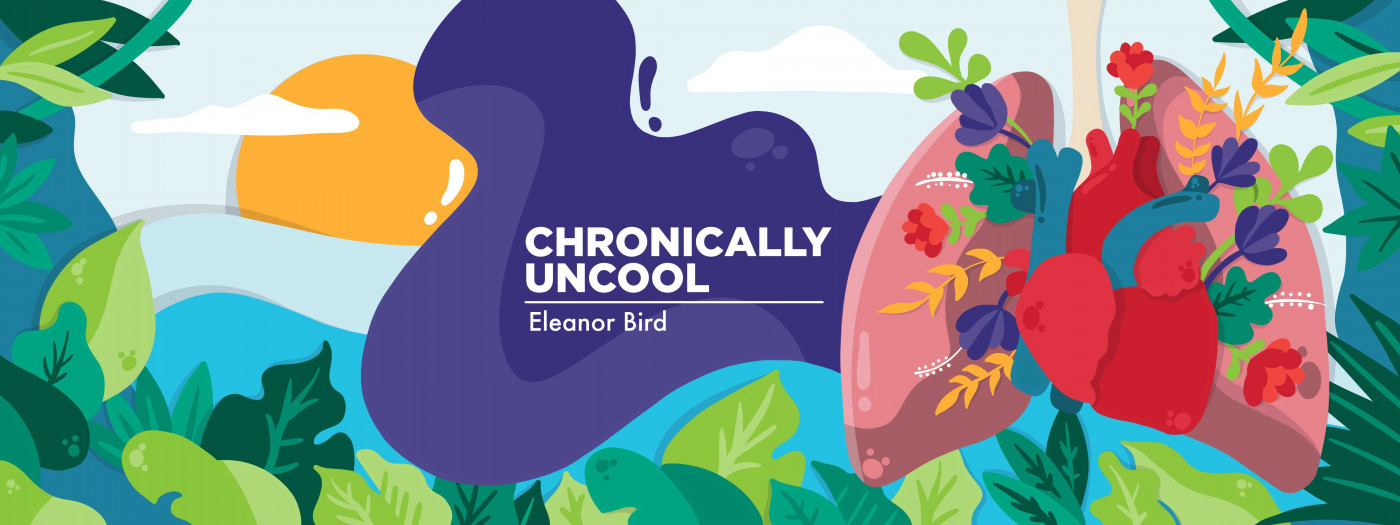Stop Calling Me Brave and Let Me Feel My Pain
Written by |

Living with a serious long-term illness can desensitize us to our own suffering. I often find I experience a reality check when I tell other people about my diagnosis and what it means for me, and then hear their reaction.
People often describe chronically ill and disabled people as “resilient” or “brave.” They tend to glorify and romanticize the ability to have a casual, stoic attitude toward the things we experience.
And while it’s true that those living with disability and disease are some of the bravest people I know, there shouldn’t be an expectation to endure reality without complaining. We should let people feel their pain, and find ways to validate and acknowledge it.
For example, as the COVID-19 vaccination program begins to offer some hope for eventual normality, many are keen to put the last year behind them (understandably). But I think it’s hugely important to recognize what people have been through, particularly in the chronic illness community.
People in this community have been isolated for a long time. We’ve been separated from our loved ones, living with genuine fear about the potential effects of the virus in addition to the health fears we’ve faced since long before the pandemic.
While I’ve been lucky enough to to receive my second vaccine this week, I’ve found myself reflecting on everything I’ve been through since the start of the pandemic.
I vividly remember getting a telephone call from my specialist PH center here in the U.K., recommending I shelter at home. I also received a letter telling me I was in the “clinically extremely vulnerable” category. As someone living with a fairly recent diagnosis, this was hard to process. I was clinically extremely vulnerable?
The letter also contained a number of rules and guidelines instructing me how to keep myself safe, such as not leaving the house at all until further notice, not even for a walk.
It also advised separating myself from the rest of my household. This was particularly hard. My parents are both healthcare workers and posed a significant risk to me. I couldn’t hug or eat with them for months, and I had to have my own separate crockery.
I’ve been through a lot, not just in the past year, but since my diagnosis. People often remark how wonderfully I “cope with everything,” but I know to some degree that my “bravery” regarding my illness is actually just me feeling numb.
And so I’m learning to make space to feel my pain. Because I know that over the long term, it is more important for me to acknowledge how rubbish it is to face what I do, than to make other people feel comfortable. Sometimes, expressing the hurt and fear I experience is the bravest thing I can do.
***
Note: Pulmonary Hypertension News is strictly a news and information website about the disease. It does not provide medical advice, diagnosis, or treatment. This content is not intended to be a substitute for professional medical advice, diagnosis, or treatment. Always seek the advice of your physician or other qualified health provider with any questions you may have regarding a medical condition. Never disregard professional medical advice or delay in seeking it because of something you have read on this website. The opinions expressed in this column are not those of Pulmonary Hypertension News or its parent company, Bionews, and are intended to spark discussion about issues pertaining to pulmonary hypertension.




Leave a comment
Fill in the required fields to post. Your email address will not be published.